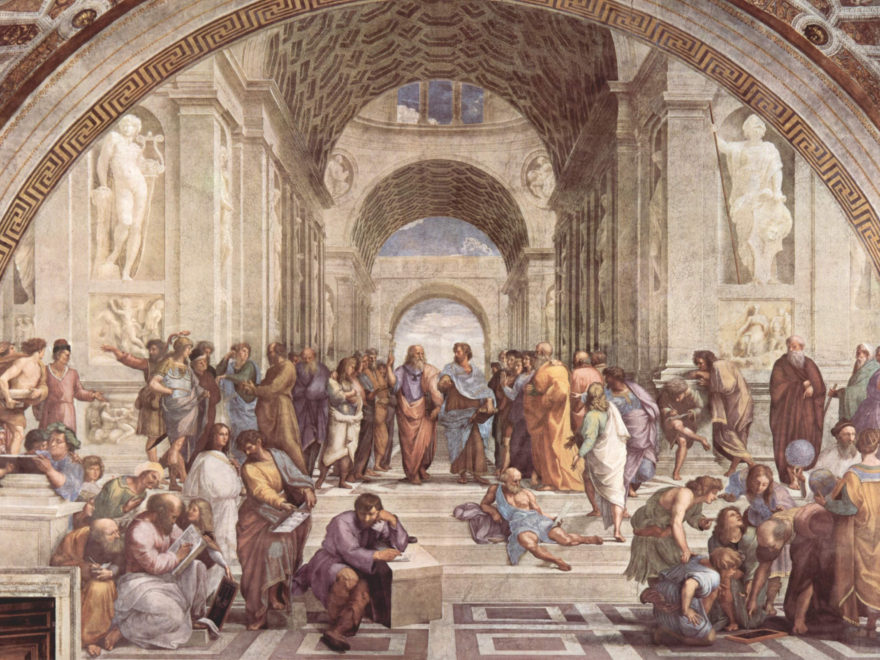Tag: truth
-

Educating for Truth
I recently gave a short talk at my school’s curriculum night on the practical value of a classical education. In many ways, it was a recapitulation of the blog article I wrote a few weeks ago. I identified two popular ways of thinking about education today–both geared toward practical aims–and then argued that classical education…
-

Educating for Resilience in a Coddling Culture
In The Coddling of the American Mind (Random House, 2018), authors Greg Lukianoff and Jonathan Haidt make a forceful critique of the way Americans today go about raising and educating their children. Their point isn’t complicated: parents and teachers, in general, overprotect children from the challenges and rigor of everyday life. As a result of…
-

Training the Prophetic Voice, Part 2: Speaking Truth to Power
Among the primary aims of our educational movement is to train our students in the art of rhetoric so that they can contribute meaningfully to the major cultural debates of our society. Enacting real and lasting change occurs as people dare to promote and defend what is true, good and beautiful in a world that…
-

Training the Prophetic Voice, Part 1: The Educational Heart of God
The God we worship and serve is an educating God. Our God has chosen to reveal himself to those whom he has created. God’s verbal communication with his creation is expressed in the opening of John’s gospel, “In the beginning was the Word.” Our God is a speaking God, which means he is continuously teaching…
-

Why Study Western Civilization?
The classical Christian movement has at its core a commitment to teaching Western civilization. Even though we teach Western civ, its distinctive qualities are not always clear. As a result, many educators (even within the classical movement) question why we would teach Western civilization. Here I will lay out what I think are the three…
-

Rules for Schools?: An Interaction with Jordan Peterson’s 12 Rules for Life (Part 3)
I have been interacting with Jordan Peterson’s 12 Rules for Life over the past few weeks. This is now the third and final installment. Part 1 looked at habit formation and deliberate practice, while part 2 considered several of Peterson’s rules in conjunction with the idea of discipline. At the heart of Peterson’s book is a concern for…
